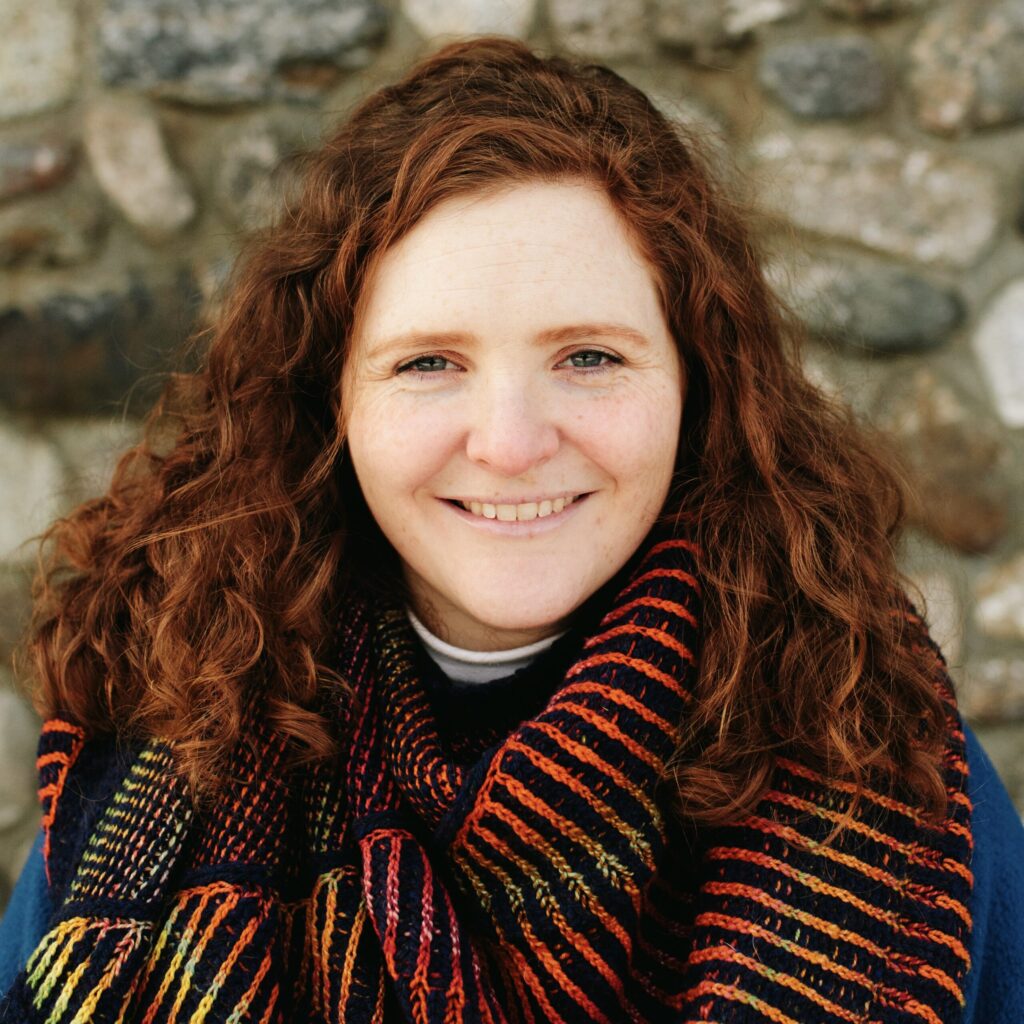
Victoria “Torrie” Edwards has successfully defended her doctoral dissertation, “Macroscopic Ensemble Methods for Multi Robot Task Assignment in Dynamic Environments” under the guidance of M. Ani Hsieh, Associate Professor in Mechanical Engineering and Applied Mechanics (MEAM) and Deputy Director of the General Robotics, Automation, Sensing & Perception (GRASP) Lab.
Edwards’ research tackles the Multi-Robot Task Allocation (MRTA) problem through macroscopic ensemble methods, namely online adaptive macroscopic allocation, distributed adaptive macroscopic allocation, and macroscopic allocation via robot-robot collaboration. This approach sidesteps the computationally expensive combinatorial optimization traditionally required to assign individual robots to tasks. Instead, robot teams probabilistically select task regions weighted by perceived resource value. Edwards’ work spans three primary contributions:
- Online Adaptive Macroscopic Allocation: Enabling robots to adjust their task-region preferences in real time as task frequencies and locations evolve.
- Distributed Adaptive Macroscopic Allocation: A fully decentralized scheme that scales gracefully to large teams (50+ robots) without relying on a central coordinator.
- Macroscopic Allocation via Robot-Robot Collaboration: Leveraging peer-to-peer information sharing to refine ensemble allocations in dynamic environments.
Together, these methods empower large robot teams to efficiently monitor, cover, and search spatiotemporal environments, as demonstrated through both simulations and hardware experiments.
Edwards’ PhD journey at MEAM has been richly nonlinear. The first year of her PhD was exclusively virtual as a result of the pandemic. In her second year, things shifted back to in-person learning, where she recalls learning linearity with Dan Koditschek. “My third year is a bit of a blur,” she reflects. “But I remember finally finding an idea that felt like there might be a research contribution.”
In addition to developing her research, Edwards fondly remembers the collaborators she met along the way. “In my fourth year, I got to work with an amazing visiting faculty, Dr. Eric Forgoston [of Montclair State University], and he was a major influence on my research,” says Edwards. “I had an amazing post doc, Dr. Thales Silva, who helped me through my second year ‘year of despair’ as he called it.” Beyond collaborations, Edwards developed strong bonds with her cohort and remembers gingerbread-making and ice-cream-making parties which have now evolved to a weekly pickleball group. “I always tell people that I work with robots because people are hard,” says Edwards. “It is true that people are hard, but it is the people that make MEAM and Penn special. Beyond the technical skills I have developed I will take with me the friendships, mentorship, and collaborators I have developed over the last five years.”
Now, Edwards is putting the finishing edits to her thesis and preparing for field deployments this summer. “My family and I are working on a longer term plan,” she says. “But for now, my partner is encouraging me to enjoy the accomplishment of a lifelong dream.”
With reflection and gratitude, Edwards offers thanks: “To my advisor, Dr. Ani Hsieh, for her never ending faith and unyielding support; to my thesis committee for their invaluable feedback; to my labmates for pushing me to be my best self; to the MEAM and GRASP staff for helping me with all things Penn related; to my partner for allowing me to pursue my dream; to my family and friends for putting up with me even when I had to work through the holidays; and to my dog Wilbur, for all the walks and pets.”
